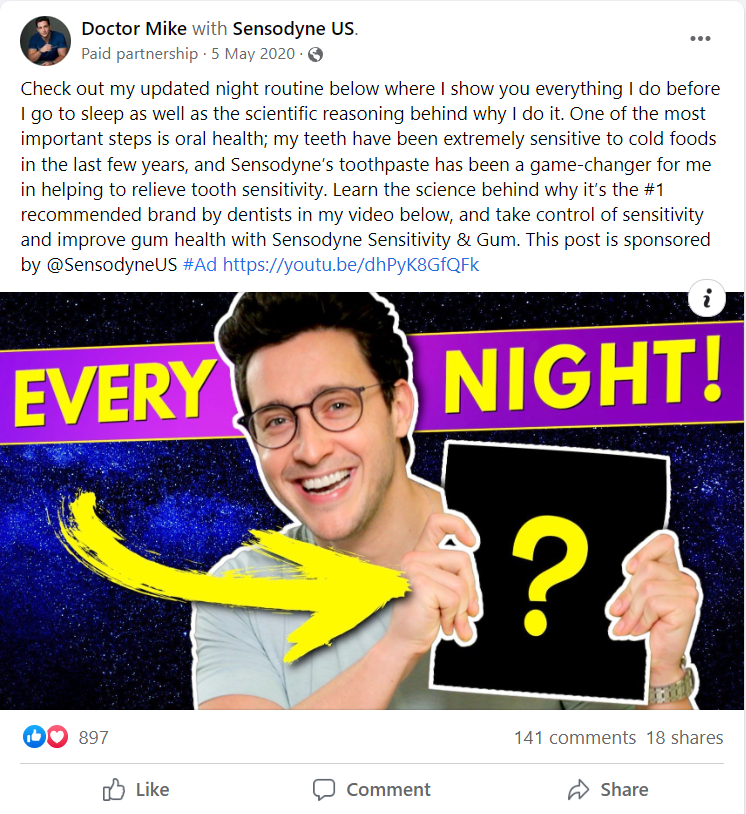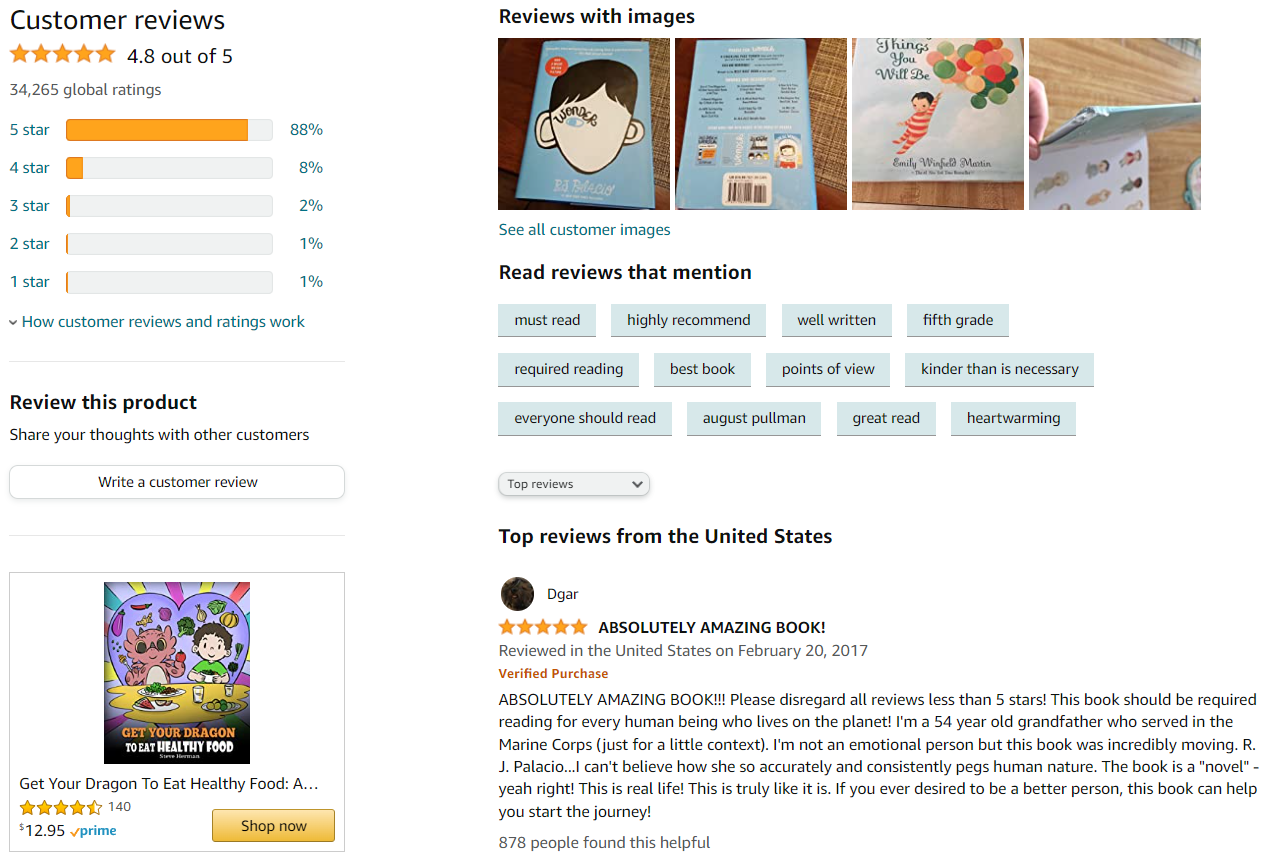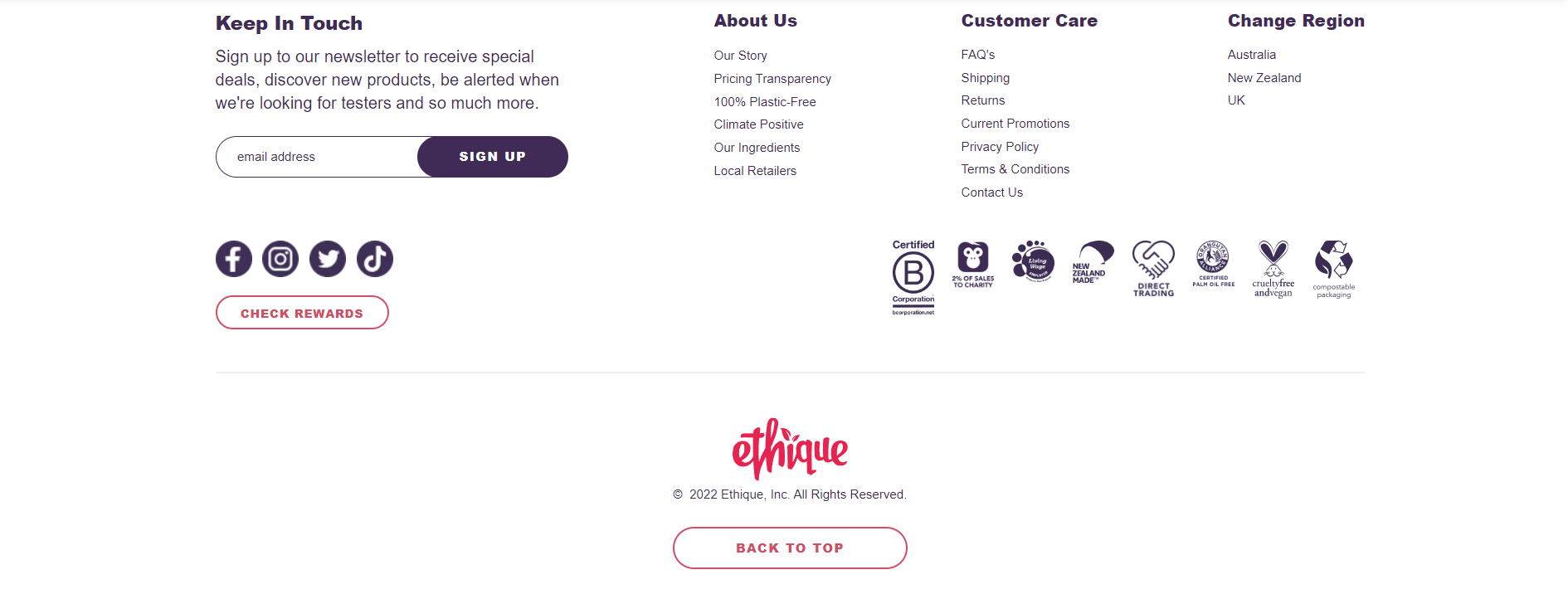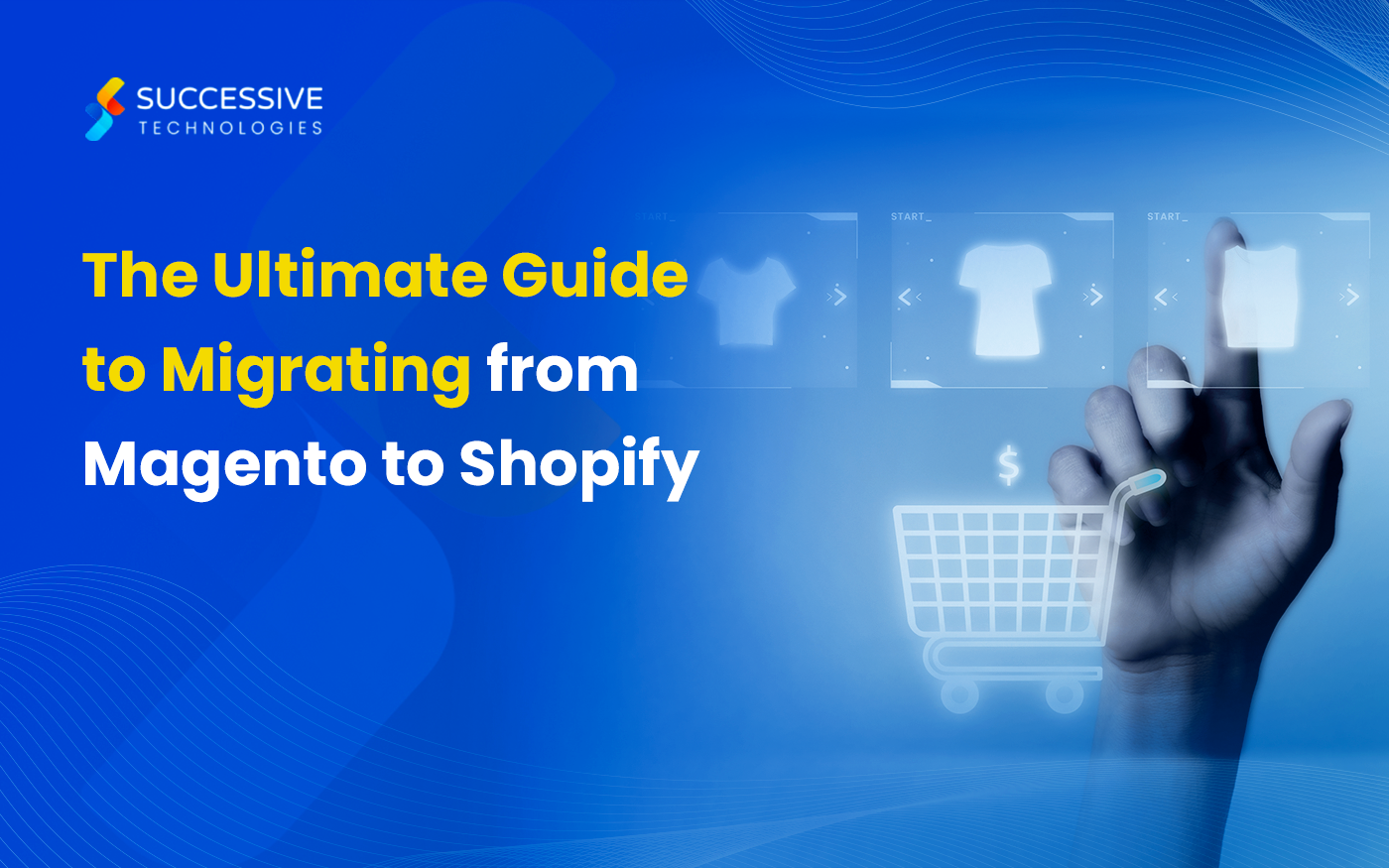We all use social proof to make purchase decisions everyday. It’s why we rely on expert reviews when choosing our phones and laptops, why we check a company’s certifications before using their services, and why we’re much more likely to purchase products that our friends have personally recommended.
Feedback and reviews help to build our trust in brands that we haven’t interacted with before. Whatever their industry, brands using social proof as part of their marketing strategy are likely to be much more successful than brands that don’t.
So how can eCommerce brands use social proof to increase their conversions? Let’s find out! But first let’s take a closer look at this phenomenon.
What is social proof?
In 1984, Robert Cialdini wrote a book called Influence: Science and Practice, in which he coined the term “social proof”. The term describes the social phenomenon by which people look to what others are doing in order to determine the best way to behave. According to Cialdini, this is motivated by a few different factors:
- Uncertainty about the correct decision to make: When people don’t have definitive information or experience with a particular situation, they tend to rely on the experiences of others to make a decision.
- Similarity to others in a group: When people perceive others as being similar to them, they’re more likely to be influenced by their behavior, and behave in similar ways. This is why we’re more influenced by the choices of our friends than people we don’t know.
How does social proof help with eCommerce conversions?
Social proof has a huge role to play in driving purchase decisions.
According to a Nielsen report that surveyed consumers in 56 different countries, 92 percent of consumers trust earned media (such as recommendations from friends and family), more than any form of paid advertising. Nielsen found that 70 percent of consumers will even trust recommendations from people they don’t know personally. In contrast, the percentage of consumers who trusted paid advertising channels remained below 50 percent, regardless of the type of media.
The benefits of social proof for brands — particularly eCommerce brands — are obvious. Social proof has to be a key part of any eCommerce brand’s strategy, especially in today’s dynamic and cutthroat market.
 Implementing the right kinds of social proof for your eCommerce website will help you lower risk for potential customers who are on the fence. By letting them see other customers, influencers, and experts who have had good experiences with your brand, you can make it easier for them to act on their desires and purchase your products.
Implementing the right kinds of social proof for your eCommerce website will help you lower risk for potential customers who are on the fence. By letting them see other customers, influencers, and experts who have had good experiences with your brand, you can make it easier for them to act on their desires and purchase your products.
In this way, social proof helps you to convert more customers faster, and get more returning customers over time.
Read 10 Essential Ecommerce Website Features To Take Your Digital Store To The Next Level
Types of social proof
Not every form of social proof will be right for your business. But by thinking carefully about your audience — what channels they use, what kind of media they consume, how they spend their time — you can discover the types of social proof that will be most effective for influencing them.
Here are some of the most commonly used types of social proof for eCommerce websites.
- Customer reviews and testimonials: This form of social proof involves showcasing the opinion of people who have used the product or service.
- User generated content: This form of social proof involves showcasing content created and shared by users, such as photos shared in product reviews, social media posts, etc.
- Data and statistics: This form of social proof relies on the power of numbers. For instance, showcasing high positive review counts, the number of customers, visitors, or projects, creating a map of your customer base by geographical location, etc.
- Expert reviews: An individual or organization with relevant credentials and expertise can instill trust in your brand through reviews, certifications, industry recognition, awards, badges, trust icons, and more.
- Influencer endorsements: Celebrities and influencers can also sway consumers in your favor — so long as these are celebrities your audience really trusts.
Now, let’s take a more detailed look at how you can use social proof for eCommerce websites.
How to use social proof for your eCommerce business
These are some of the ways that you can use social proof for your eCommerce website, along with some examples of brands that are doing it right.
1. Celebrity endorsements
We’ve all seen TV and print commercials featuring our favorite celebrities — and maybe even been moved to make a few purchases because of them. More recently, paid social media partnerships with celebrities have become an effective way for brands to gain their audience’s trust. Often, these feature a celebrity using a product and sharing their experience with it on social media.
An example of this is Alo Yoga, which offers yoga wear and accessories, and has partnered with several models and media personalities — such as Kendall Jenner and Gisele Oliveira — to promote their products on Instagram.

While such promotions can be very effective, it’s important that you know your audience really well and choose celebrities that they already follow and trust.
2. Expert recommendations
Industry experts can also help brands offer highly convincing social proof to consumers. Since they’re experts in their field, their opinions hold a lot of importance to those without this knowledge.

As an example, Old Spice has chosen Dr. Corey Hartman, dermatologist, to be its brand ambassador. Similarly, Sensodyne has partnered with Dr Mike Varshavski (Doctor Mike) to promote its products on his YouTube channel.
Check out: Shopify Development Agency
3. User-generated content (UGC)
User-generated content trumps the previous two methods in terms of authenticity. Consumers usually have nothing to gain by sharing content around a product they genuinely love — and so this form of content is a reliable indicator of the actual quality and experience offered by a product.
Social media campaigns
In a powerful example of this, when Apple wanted its users to learn about the new camera in the iPhone, it asked users to share their favorite iPhone photos on social media using the hashtag #ShotOniPhone. Apple would select the best photos and display these on billboards across the world.

There are now 25.3 million posts using the #ShotOniPhone hashtag on Instagram
The campaign was so effective that Apple has continued to hold the contest each year, and the hashtag itself has become a symbol of quality photography.
Customer testimonials
Outdoor clothing manufacturer Patagonia is honoring its commitment to sustainability in several ways. One of these is its Worn Wear campaign, through which it encourages consumers to send their gear to be repaired, helping to extend its life. Customers can also purchase used gear to help reduce waste, or trade in items they no longer need in exchange for credits.

Those who have had their much loved items of clothing repaired through this program are invited to share their stories on the brand’s website, and these serve as testimonials to the products’ quality and meaning for consumers.
Check out: Ecommerce Development Company
Reviews and ratings
With close to 150 million Amazon Prime users in the US alone, reviews are a great way for the eCommerce giant to boost credibility in its products and also increase conversions. Knowing that 93 percent of consumers read reviews before making a purchase, Amazon strategically places reviews before even product specifications and other messaging.

It also makes it easy for users to filter relevant reviews by rating or for their use of certain key phrases.
Check Out: BigCommerce Development Company
4. Badges and credentials
More and more consumers today — particularly Gen Z consumers — value sustainability and social responsibility. Sharing credentials and badges that are awarded by independent evaluators can be a way for brands to create trust in their products and manufacturing processes and win these more discerning consumers.

For example, Ethique, a cruelty-free cosmetics brand, uses a number of these badges in its website footer. Clicking these badges leads visitors to a page where they can read more about the brand’s commitment towards being cruelty-free, plastic-free, and more, as well as their certifications by independent agencies such as People for the Ethical Treatment of Animals (PETA).
Social proof inspires brand loyalty
Understanding your customers is the first step towards being able to connect with them on the proper channels and with the right message. Once you know what channels they use and which influencers they trust, you can get started with reaching out to them in authentic and persuasive ways using social proof.
By implementing the right forms of social proof for your eCommerce website, you can earn your audience’s trust, remove barriers to purchase, sell more products, and turn your customers into brand loyalists who will stay with you for a long time to come.












